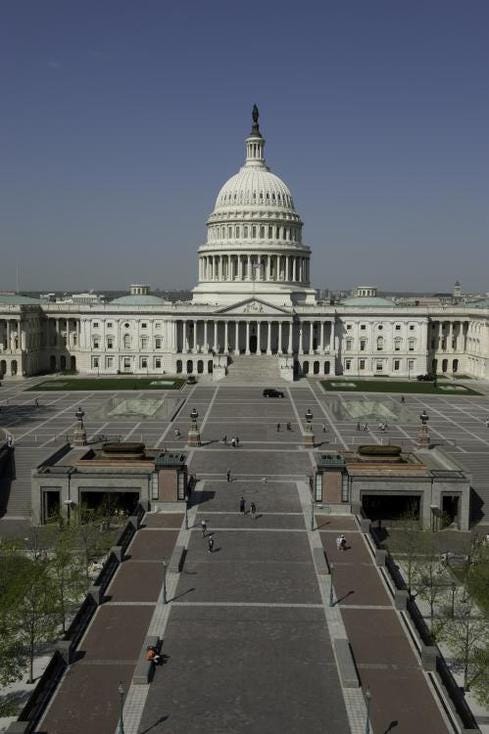Cotap Aims To Put Brakes On Texting While Driving
Enterprise messaging app company Cotap can now enforce corporate policies that forbid texting while driving.


10 Government Innovations Your Business Can Use
10 Government Innovations Your Business Can Use (Click image for larger view and slideshow.)
Surveillance technology often gets described as Orwellian, but in some instances it turns out to be more benevolent and banal, more Concerned Mother than Big Brother.
People tend to resent overbearing technology. Witness resistance to digital rights management systems and copy protection schemes. No one welcomes defiant tools. But such complaints ring hollow when we act irresponsibly -- by using a mobile device while driving, for example.
Cotap, an enterprise mobile messaging firm, has joined the list of companies offering technology to police employees' risky behavior. In conjunction with Drive Safely Work Week, the company has introduced a feature in its messaging app called Cotap Safe Driving. It allows Enterprise Plan administrators to disable specific functions to enforce corporate driving policy.
Jim Patterson, cofounder and CEO, said in a phone interview that many of Cotap's customers are in retail and service industries, and they travel for their jobs, unlike deskbound knowledge workers. He cited a healthcare industry client that has workers using the app to coordinate visits to patients' homes.
"Texting while driving was a huge concern for these customers," said Patterson, noting that while many companies have policies that prohibit distracted driving, they often lack a technical enforcement mechanism.
Cotap Safe Driving allows companies to disable the app when the user is in a moving vehicle. It also supports: Passenger Mode, which allows full use of the app for those not driving; Allow Voice Messages mode, which will play incoming voice messages through device speakers or a car's Bluetooth-connected speakers; and Set Safe Driving Policy, which allows organizations to implement a customized policy.
"Management loves it because [crashes are] a big liability for the company," said Patterson. He acknowledges that employees may not find limitations on Cotap use convenient. "But you do want to annoy the end-user as a reminder that this is a dangerous activity."
In 2013, 3,154 people were killed and 424,000 were injured in motor vehicle crashes involving distracted drivers, according to the National Highway Traffic Safety Administration (NHTSA). The Occupational Safety and Health Administration (OSHA) says motor vehicle crashes represent the leading cause of worker fatalities.
Beyond the incalculable cost in lives, such accidents impose monetary costs on survivors, on affected relatives, and on businesses, which may face litigation if an employee is involved. NHTSA says that in 2010, crashes in which at least one driver was identified as distracted caused $123 billion in comprehensive costs -- an amount that represents 15% of all societal harm from motor vehicle crashes.
[Read about how Microsoft Cortana is steering toward your connected vehicle.]
Among Travelers' insurance clients, only 27% report having a distracted driving policy that's strictly enforced.
Technological defenses against distracted driving have been around for years. Aegis Mobility offers a distracted driving product for businesses called FleetSafer. Kyrus Mobile's KyrusFleet application offers a similar service. But the spread of mobile technology and the proliferation of sensors of all sorts mean our machines can be expected to look beyond risky driving habits.
Patterson expects that Apple, Google, and Microsoft will add the ability to restrict app and device usage while on the road at the operating system level before long. "It's only a matter of time before you see these controls permeate consumer products," he said.
If you look closely, you'll see these controls are already here. Antilock brakes override human judgment about the optimal way to stop a vehicle. Some cars now have lane-keeping systems, just in case you fall asleep at the wheel. Much of the interest in self-driving cars arises from the expectation that machines might make better drivers than people.
Everywhere you look, machines are second-guessing human decisions. ("Are you sure you want to permanently erase the items in the Trash? You can't undo that.")
We worry that machines will take our jobs. But machines may also save us from ourselves.
About the Author
You May Also Like






